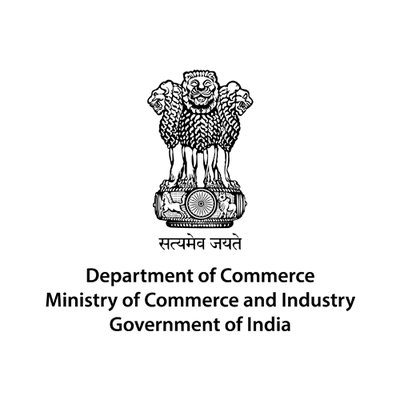Text of the intervention of the Commerce and Industry Minister Shri Piyush Goyal atthe Ministerial meeting of the WTO on the fisheries subsidy negotiations

Following is the text of the intervention of the Commerce and Industry Minister Shri Piyush Goyal at the Ministerial meeting of the WTO on the crucial fisheries subsidy negotiations:
“Looking at the enormity of the situation and the fact that we don’t have the third session, I will need to express myself in somewhat greater detail.
I am delighted to join you today for the Ministerial TNC on the crucial fisheries subsidy negotiations. I wish to thank Dr. Ngozi for this initiative.
India is very keen to finalize the agreement because irrational subsidies and overfishing by many countries is hurting Indian fishermen and their livelihood. However, I am disappointed to note that we are still short of finding the right balance and fairness in the agreement.Let me share my views on the problem areas.
First, we should not repeat the mistakes made during the Uruguay Round that allowed unequal and trade-distorting entitlements for select developed Members, particularly in agriculture, while unfairly constraining less developed members who did not have the capacity and resources to support their industry or farmers then. Fisheries are a common endowment to humanity, a global public commons. Therefore, the sharing of this should be in an equitable and just manner. Any unbalanced or unequal agreement would bind us into current fishing arrangements which may not necessarily meet everyone’s future requirements. As we discuss sustainability, it is essential that big subsidizers take greater responsibility to reduce their subsidies and fishing capacities, in accordance with the principles of ‘Polluter Pays’ and ‘Common but Differentiated Responsibilities’.
Any agreement must recognize that different countries are at different stages of development and current fishing arrangements reflect their current economic capacities. Needs will change with time as countries develop. Any agreement will have to provide for balancing current and future needs. This imbalance between members is visible in current capacities to exploit fisheries in domestic waters and the high seas. The per capita fisheries subsidy given by most developing countries is minuscule compared to advanced fishing nations. Countries like India whoare yet to develop fishing capabilities,cannot be expected to sacrificetheir future ambitions, while protecting those members providing huge subsidies andoverexploiting fisheries resources and continue to engage in unsustainable fishing. Therefore, it is imperative to preserve space forgrowth in fishing capacitiesof the developing world for the future without locking them into disadvantageous arrangements in perpetuity.
Second, the sustainabilitybased approach in the Overcapacity and Overfishing pillar in the current formwill create significantinequity for developing countries. Clearly, it will lead to capacity constraints for developing countries, while advanced nations will continue to grant subsidies. This is unequal, unfair, unjust!!
Third, if non-specific fuel subsidies are not brought under disciplines, another major disparitywill be introduced by largeharmful subsidies outside of alldisciplines.
Fourth, giving special treatment to non-recovery of subsidies under Government-to-Government fisheries ‘access agreements’ is akin to cherry-picking.
Fifth, any new agreement has to be seen in the context of existing international instruments and the laws of the sea. The sovereign rights of coastal States to explore, exploitand manage living resources within their maritime jurisdiction, enshrined in international instruments must be preserved. The determination by coastal States should be given primacy and not be subject to WTO dispute settlement mechanism.
Sixth, an important element of what India wants is appropriate and effective special and differential treatment (S&DT), in the true spirit as enshrined in the guiding principles of the Marrakesh Agreement. Limiting S&DT to poor and artisanal fishermen only is neither appropriate, nor affordable and notacceptable at all. S&DT has to be for a country as a whole. We need S&DT to not only protect livelihoods of poorfishermen but also to address food security concerns of a nation, have the necessary policy space for developing the fisheries sector and for the time required to put in place systems to implementthe disciplines.
Finally,westill need to cover significant ground to make the text balanced, to meet the just concerns of developing and LDC Members. India will be submittingproposals very soon to address our concerns including incorporating ‘common but differentiated responsibilities’in sharing this common endowment.
Excellencies, Madam Ngozi, protection of the environment is ingrained in the Indian ethos for ages and has been repeatedly stated by our Prime Minister Shri Narendra Modi. India is committed to conclude the negotiations, so long as it provides for balancing current and future fishing needs, preserving space for equitable growth in fishing capacities in future, and effective S&DT without any imbalances.
Thank you.”
